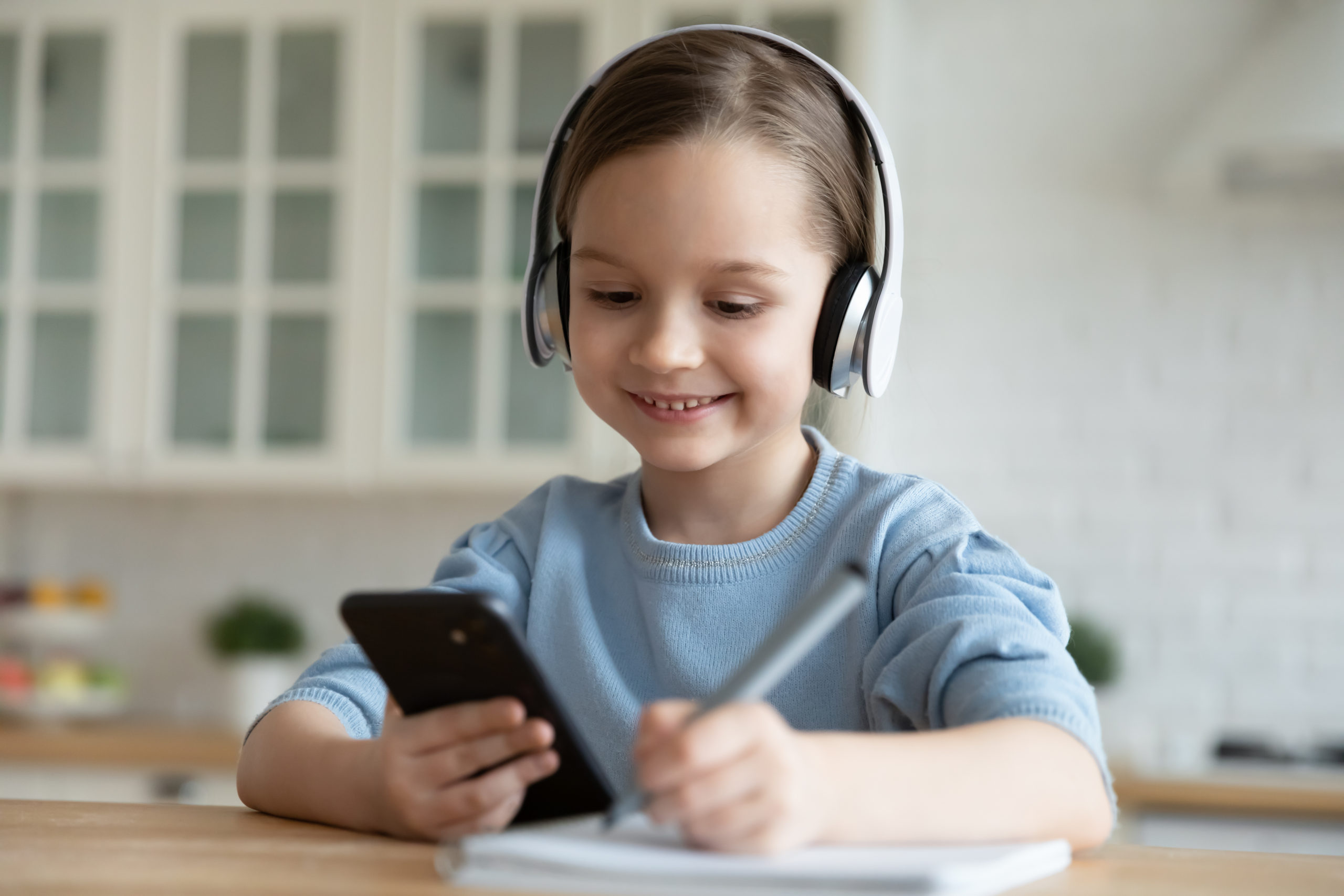Parents, teachers and governments are grappling with questions about the appropriate use of technology for young children in school
Team TLT
In the last few weeks, there has been much heated debate and action about subjecting children in kindergarten and at primary school level, below the age of ten, to classes online. The concerns range from eye strain and headaches and Internet safety to excessive screen time and the deepening digital divide between the haves and the have-nots. Several State Governments including Karnataka, Maharashtra and Madhya Pradesh banned such classes for those children. A section of parents
launched campaigns to have them restored. More recently, Karnataka passed another order allowing online classes to resume, and stipulated the duration and frequency of the classes for pre-primary and primary school students.
The Learned Talk spoke to the principals of some schools for their experience of the issue and their observations. What are the challenges they face with such young students during the remote/online learning sessions? According to P G Subramanian, Principal, Bhavan’s Rajaji Vidyashram, Chennai, for teachers too, teaching online is new. “They have to take classes using Google Classroom or Microsoft Teams but I must say they have risen to the occasion and equipped themselves quickly,” he remarks.
They have devised their own methods to exchange videos and notes. Some even share the lessons and assignments through Whats App.
In his school, online teaching for Classes 10 and 12 commenced in April. “After getting the hang of it and analysing the pros and cons, taking health and other factors into account, we decided that from kindergarten to Class 6 we will only post video classes or study material, not host any live sessions. The study material too, we restricted to three videos per day so as not to burden children and parents by dumping assignments on them,” says Subramanian.
Waning interest from parents is something that K. Mathivadanan, Principal of St Michael Matriculation Higher Secondary School in Madurai experienced. “We faced many challenges conducting online classes for primary. First was keeping the parents informed about the time and topic. In the first week it was fine, but the following week their interest and involvement was not up to the mark.” The other problems were Internet connectivity, reduced interaction with the children because they were disinterested and difficulty in monitoring attendance and discipline. Concepts could not be explained as thoroughly as they could be in the physical classroom.”
J Bennett, Principal, AJC Public School, Nagapattinam attributes the lack of interest among the children to the absence of an actual classroom experience. “The children are not attentive as the online class is not on a one-to-one basis,” he says.
How are the schools getting around these problems? Mathivadanan says their online sessions are not full-time. “We tell the parents to go through the videos done by our teachers and supervise the homework at their convenience,” he explains. Information/study material is just 10 minutes long. Story-telling, craft, quizzes and health and hygiene are popular activities and subjects, he adds. Bennett says the sessions should be lively and interactive. “Using colourful pictures, asking questions
about the lesson and making use of stuff around the house to use as teaching/learning aids and using recent events to relate to the lessons makes it easy for me to seek their attention and it makes them enthusiastic too.”
How accommodative/appreciative are the parents of their efforts? Bhavan’s Subramanian says his school started video lessons for these young children in the first week of June and has received good feedback from parents about the short screen time as well as the efforts the teachers put into the videos. “Whatever video/study material or assignment we post to the child, the parents download it at
their convenience. They have to sit with their children to complete the task as there is no way the children would do it themselves.” His advice is that while it’s difficult to get a child’s full attention, making it a practice to sit with them will yield results.
Sometimes, the parents had to be trained to use the smart phone or other digital methods in which the classes were being held, say Mathivadanan and Bennett.
These two principals are open to continuing online classes even after school reopens. Mathivadanan says it will help them update their teaching methods and system of assessment. The advantage is that it makes it easier for parents to get involved and communication improves all around. Bennett says it will sharpen accuracy in presentation as well as enable prior planning. If a pandemic-like situation recurs, this experience will come in handy.
Subramanian of Bhavan’s strikes a different note. “There might not be a preference but now that the teachers are equipped, this can be used as an added tool to enhance teaching and learning. We should definitely use technology and we should embed technology into classrooms as well. Though this form of learning or teaching may not actually work well, especially for students in primary and below, we can try to get them used to this.”







